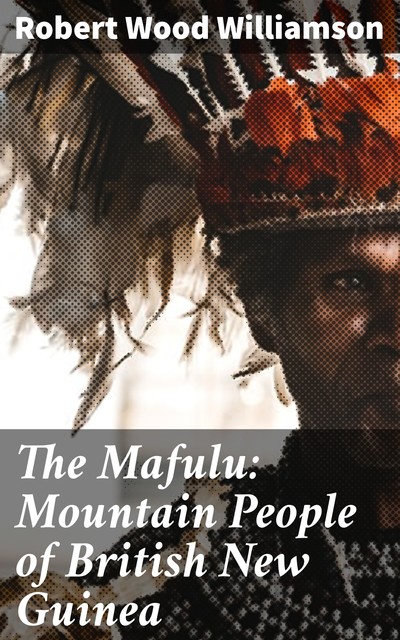In “The Mafulu: Mountain People of British New Guinea,” Robert Wood Williamson provides an intricate ethnographic account of the Mafulu people, delving into their unique social structures, cultural practices, and daily lives. This seminal work combines meticulous observation with rich descriptive prose, reflecting Williamson's deep immersion in the Mafulu's mountainous environment. His literary style is characterized by a balance of objective analysis and evocative narrative, placing the reader within the cultural landscape of British New Guinea during a period of significant anthropological interest in the late 19th and early 20th centuries. Robert Wood Williamson was an accomplished botanist and ethnographer, whose extensive travels in the Pacific Islands informed his understanding of the region's diverse cultures. His fascination with the Mafulu people stemmed from a broader interest in documenting indigenous customs and the impacts of colonialism. Williamson's background in natural sciences and passion for anthropology equipped him with a unique perspective that enhanced his ethnographic work, highlighting the necessity of cultural preservation amidst encroaching modernization. This book is a recommended read for scholars, students, and anyone interested in anthropology and cultural studies. Williamson'Äôs insights into the Mafulu society not only contribute to the understanding of New Guinea's indigenous cultures but also serve as a significant historical document illuminating the complexities faced by these mountain people at a pivotal time in their history.


